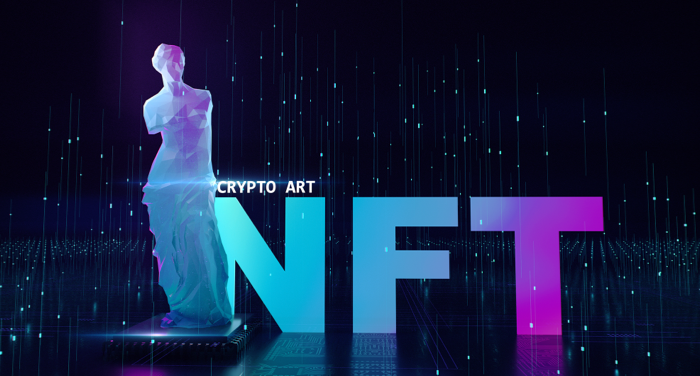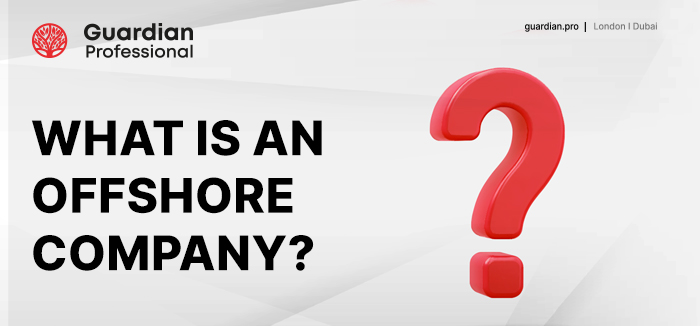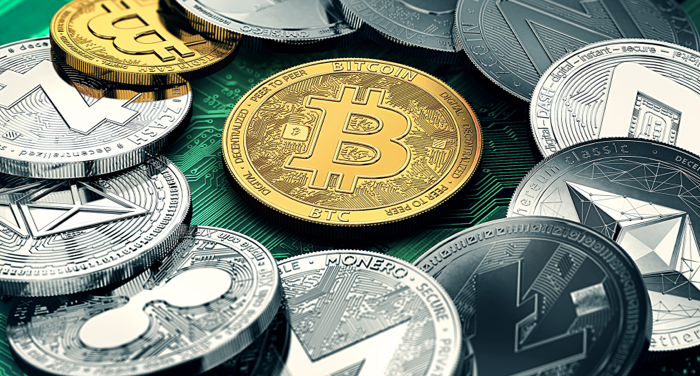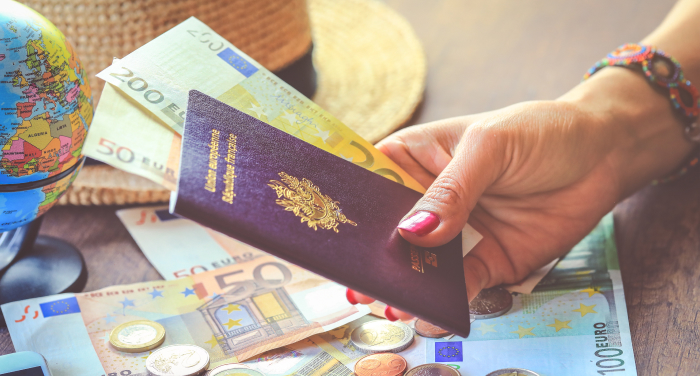NFTs have become the latest cultural phenomenon, grabbing more eyeballs with celebrity scams and legal battles. However, with some developers generating millions from NFTs, it's left many wondering what is this new cryptocurrency all about anyway and how to make an NFT with the help of two of the most prominent marketplaces.
WHAT IS AN NFT?
A Non-fungible token or NFT, in its most basic form, converts digital works of art and other valuables into one-of-a-kind, verifiable assets that are simple to trade on the blockchain. Unlike cryptocurrencies, where each coin is identical, each NFT is one-of-a-kind and can be sold to show ownership of a digital file. These files aren't truly kept on the blockchain, instead, a link to the file is saved together with a token that serves as proof of ownership of whatever that link goes to. There's also no law that says two or more NFTs for the same file can't exist - you can have NFTs with editions, similar to trading cards. There's also nothing stopping someone from using the file you used for your NFT to make their own NFT. You can potentially sell any digital content as an NFT, but you'll be limited to the formats that a marketplace supports if you want to use their easy minting tools.
HOW AND WHERE DO YOU SELL AN NFT?
NFTs are also sold in marketplaces, however, the method varies by platform. You can post your work to a marketplace and convert it to an NFT. Most NFTs are sold on the Ethereum blockchain, and each transaction on the Ethereum blockchain incurs fees that are paid to the miners which is referred to as "gas". The amount of gas required for any transaction can vary and nearly everything you do on the blockchain costs gas. Be it minting an NFT to transferring it to someone else to bidding on one. Many platforms allow you to sell NFTs on a variety of blockchains. Using "lazy minting" systems, OpenSea and Rarible will enable you to create NFTs on Ethereum without paying. Lazy minting helps you save money by allowing you to create NFTs and sell them without writing it to the blockchain. The fees for registering your NFT to the blockchain will be coupled with the costs for transferring it to the buyer when someone actually buys it. If you sign up for Rarible using the Blocto wallet, you can sell NFTs on the Flow blockchain, and OpenSea will allow you to sell on the Polygon network. Both solutions offer far lower fees than using the Ethereum network.
SETTING UP A WALLET
Wallets are the programmes to store cryptocurrencies and any NFTs one creates or purchases. Coinbase usually gives a more detailed description of how wallets function and the various alternatives available. It's important to consider whether or not the wallet you're using is compatible with the blockchain you're using. Coinbase's wallet is a good option as it supports blockchains other than Ethereum, such as Bitcoin. The MetaMask wallet is extensively supported by Ethereum-based services like OpenSea, Foundation, etc. It can be easily used as a Chrome / Firefox extension or an iOS / Android app. The setup procedures for MetaMask and Coinbase Wallet are comparable. You have to tap the "Create new wallet" button once you've installed the browser extension or app. After creating the wallet, it needs to be linked to the NFT marketplace. OpenSea and Rarible make it simple by prompting you to connect your wallet when clicking the Create button. Then you'll be given a selection of suitable wallets to choose from, and selecting one will ask you to complete the connection procedure.
CREATING AN NFT
The next step after connecting the wallet is to create an NFT. If you're using OpenSea it'll take you to the create new item page after hitting the Create button. Click the picture button in the box that appears, and it will allow you to upload the file you'll be selling as an NFT and name your file a name. A URL can be included in the External Link section, and you can utilise the Description field to explain what your NFT is. OpenSea also allows you to include text that serves as unlocking content that the NFT's buyer/owner will be able to see. There is a menu that lets you choose between the Ethereum and Polygon blockchains for minting your NFT. You'll be able to make a listing for a fixed price using NFTs posted on Ethereum or Polygon, and you'll also be able to arrange a timed auction with Ethereum. You can simply enter the amount you want to sell the item for and how long you want the listing to be up for in a fixed price listing. On Rarible the first thing prompted will be whether you want to make a single-edition NFT or a multiple-edition NFT. Then you'll have to use the Choose File button to upload the digital file you want to sell as an NFT. This will get stored on the InterPlanetary File System (IPFS) - a decentralised media storage system that ensures the NFT doesn't vanish from the internet.
Rarible, like OpenSea, usually requests a distinct preview picture for specific sorts of media, such as films or music. The next step is to decide on the selling possibilities. You will have the following options if you decide to sell your NFT –
- Fixed pricing - It is similar to making a store listing where one sets a price for the NFT and anyone who wants to buy it can do so.
- Open for bids - This allows others to make proposals to purchase your NFT, which you can accept or reject.
- Timed auction – It's an auction in which one can establish a minimum price and decide the timeline for the auction.
After choosing your selling method and details, you'll be able to add unlockable material that the buyer will receive. After naming the NFT you can finally have the option of selecting a royalty percentage. This will affect how much of each subsequent sale is returned to you. The final option is the Advanced Settings, which allows you to add properties to your NFT and alternate description text to make your NFT more accessible. Anyone can make an NFT. All you'll need is a digital wallet, a little Ethereum buy, and access to an NFT marketplace where you can upload and convert your work into an NFT or crypto art, and voila, it's done. Would you indulge?















